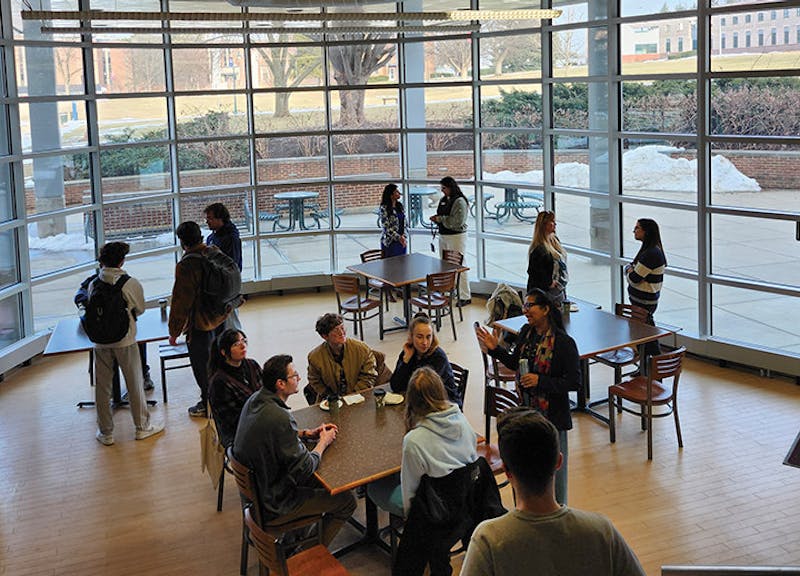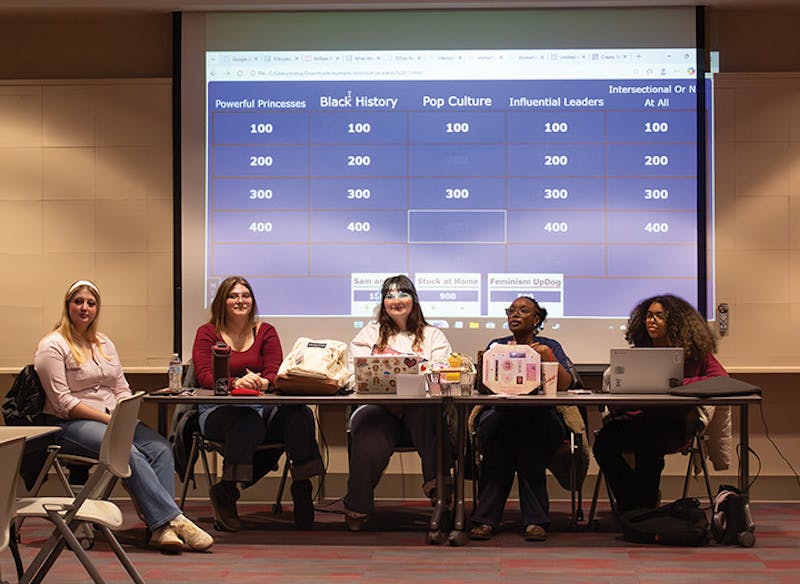Recently, I found myself in a situation where I had an opportunity to apologize to someone for a mistake I had made. I have said “I’m sorry” plenty of times in my life, but this instance was different. It was a thousand times more nerve-wracking because this time I knew it was not guaranteed that I would be forgiven.
I knew the mistake I made was big. Major. I felt this regret from the bottom of my heart, so leading up to my conversation with this person, I anxiously tried to find the words that would fully convey my remorse. Still, I couldn’t shake the fear that I wouldn’t be able to accurately own up to my mistakes – and even worse – walk away without forgiveness.
When I expressed this to my therapist, he shared an experience that stuck with me. He recalled a time when he was walking through the city and began to cross the street, when a runner accidentally ran into him at full speed, knocking his glasses off of his face and pushing him to the ground. While the runner apologized to him, my therapist was focused on getting his bearings and searching for his glasses on the ground. Once the runner realized he was not immediately going to be forgiven, they instantly switched up and yelled a few profanities at my therapist before continuing their run.
The takeaway from this experience my therapist shared with me is that an apology is not a true apology if it is only valid upon receiving forgiveness in return. I learned that to give a true apology, our goal should not be to receive forgiveness. Instead, aim to express empathy, avoid excuses and commit to change. While swallowing your pride and saying you’re sorry can be a daunting feat within itself, if you believe you are entitled to forgiveness in return, you are not administering a genuine apology. Sorry, not sorry.
After my conversation with the person I had wronged, I felt great relief knowing I had made them aware of the regret I had felt and how sorry I was for how I had affected them. It was much less nerve-wracking once I had stopped placing validation on an apology I could not guarantee I would receive. Instead, I focused on what I could control, which was sharing the remorse I felt without any expectation in return, and making amends. I recommend assuming this thought process the next time you may need to apologize. With luck, you may be met with extraordinary forgiveness in return.




The Slate welcomes thoughtful discussion on all of our stories, but please keep comments civil and on-topic. Read our full guidelines here.